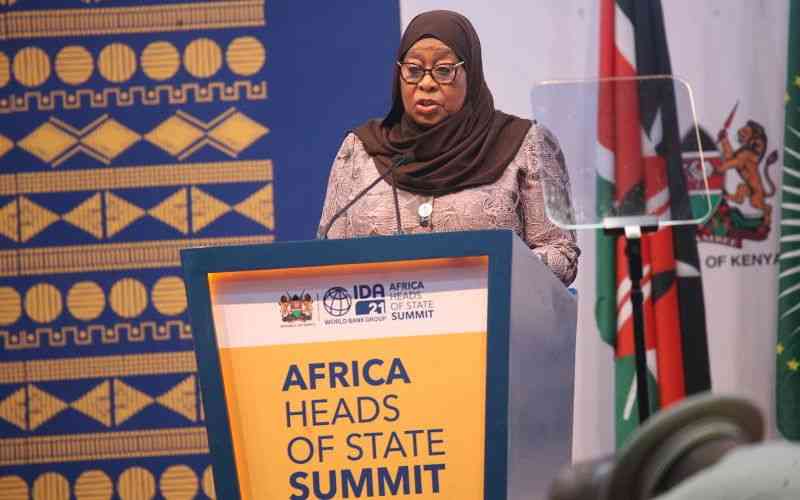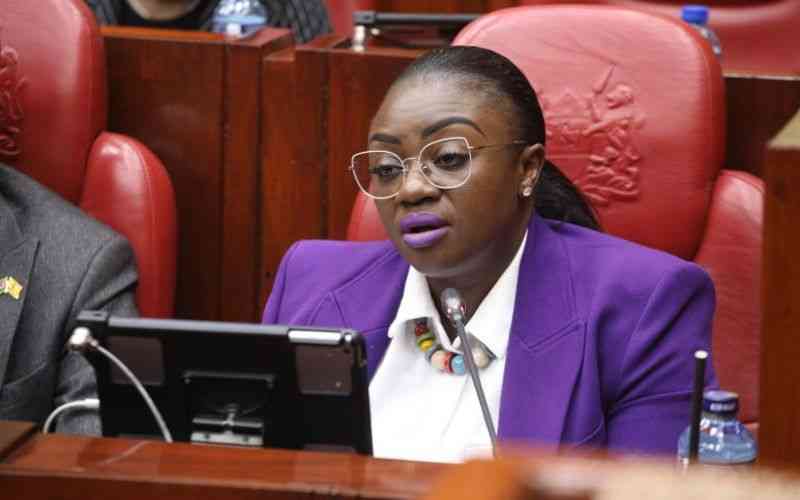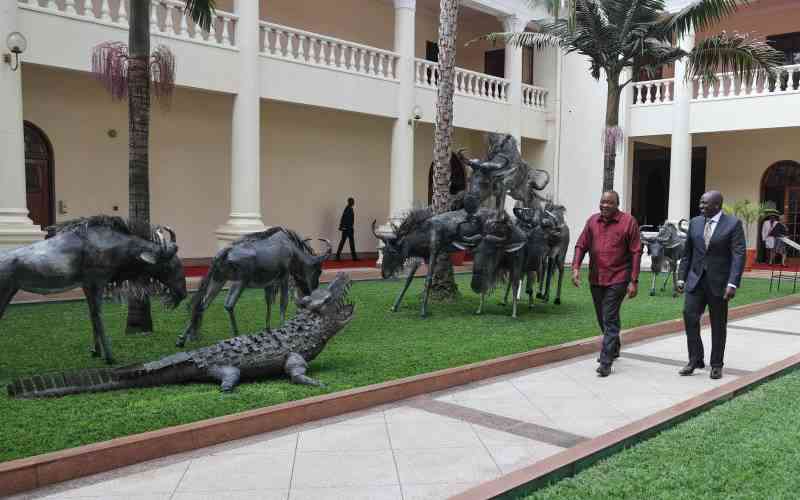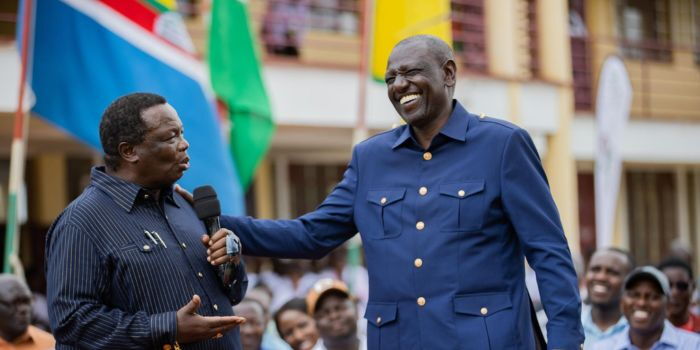Tanzania's Samia Suluhu: Reformer or rising autocrat?

Tanzania President Samia Suluhu Hassan is the subject of cross-border criticism following a government crackdown on foreign human rights defenders, who sought to attend the treason trial of opposition leader Tundu Lissu this week.
The controversy erupted on Sunday, May 18, with the deportation of Kenyan activists, including prominent lawyer Martha Karua.
The move has since reignited a broader debate over Suluhu’s political trajectory, with critics questioning whether the president, initially celebrated as a reformer, is shifting toward authoritarianism.
“It’s definitely true that President Samia has become more authoritarian. She started as a reformer, which is true of many African leaders. Even President Daniel Moi began as a reformer, releasing political detainees,” opined lawyer Charles Kanjama.
“They promise to chart a new path, but regress in moments of political contestation, such as during elections. That’s what we are seeing with President Samia,” he added.
When Suluhu assumed office in March 2021 after the sudden death of late President John Magufuli, she was hailed as a stark contrast to her predecessor. Many now aver that Samia is slowly shelling her pro-reform agenda and embracing an increasingly authoritarian leadership style, as Tanzania gears for polls in October.
She acknowledged the COVID-19 pandemic, took the vaccine, and signaled openness to dialogue with the opposition and civil society. As Tanzania’s first female Head of State, she inspired hope for a more inclusive and democratic era. She was simply different.
She also inherited longstanding calls for constitutional reforms. Opposition parties, led by CHADEMA, had pushed for change at great cost. Tundu Lissu, a prominent CHADEMA figure, now faces treason charges, a capital offense under Tanzanian law.
At first, President Suluhu appeared to support these calls. But in September 2023, she told political leaders that constitutional change would take time, starting with public education efforts.
“It will take time to write and endorse the new constitution. We are going to start with awareness and education campaigns to the people of Tanzania to make them know what the constitution is before we sit down to write a new constitution,” she said, signaling a pivot away from immediate reform.
Lawyer Kanjama believes a better path may lie in improving what already exists.
“It’s not that the Constitution is not fit for purpose. There has been a desire to strengthen the constitutional frameworks. Having a new constitution is not necessarily a good thing, or a better thing,” he says, urging full implementation of Tanzania’s current Constitution with room for amendments based on need.
Suluhu’s early actions also included lifting a ban on political rallies imposed by Magufuli and unfreezing the bank accounts of civil society groups.
In 2022, she ordered the release of opposition leader Freeman Mbowe, who had been jailed on terrorism charges for eight months.
Tundu Lissu also returned from exile due to these promising developments, but now stands as the main protagonist in the East African country’s worrying human rights situation following his arrest last month.
Stay informed. Subscribe to our newsletter
These moves raised cautious optimism, but it is fading fast.
Lissu was arrested again, and critics now say the real concern lies not in the treatment of foreign activists but in the repression of domestic political opponents.
“The main issue is how she is dealing with her domestic political opponents, not foreign activists. The real concern is her ban on the main opposition candidate from participating in the upcoming election. We are witnessing a diversion from the real area of concern,” said Kanjama.
It is this flip and the flop in the management of her country's affairs that have made it difficult for observers to define President Suluhu’s reign. The ruling Chama Cha Mapinduzi (CCM) has long dominated the political space and shows no signs of letting up soon.
Kanjama, argues that the president could be realigning with the various factors at play, some which have unfortunately caused the narrowing of the political space and limiting of civic freedoms.
Speaking on Monday during the launch of Tanzania’s 2024 Foreign Policy strategy, Suluhu appeared to double down. She praised the crackdown on activists and urged security agencies to prevent foreigners from “misbehaving” in Tanzania.
“I’d like to plead with our security agencies, and those in charge of our foreign policy, to not give room for those who misbehave in other countries to come and do the same here. No,” remarked Samia.
For now, observers remain divided. Is Suluhu simply navigating the complexities of leadership in a tightly controlled political system, or is she abandoning her reformist roots altogether?












